News
-
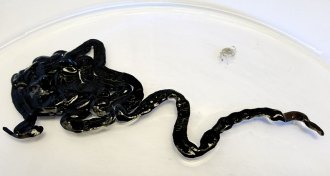 Animals
AnimalsToxins from the world’s longest animal can kill cockroaches
Bootlace worms can stretch up to 55 meters long and ooze toxins that can kill cockroaches and green crabs.
By Susan Milius -
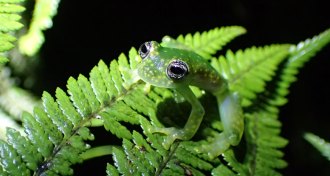 Animals
AnimalsSome frogs may be bouncing back after killer chytrid fungus
Frogs in Panama may be developing defenses against a fatal skin disease, a new study suggests.
By Susan Milius -
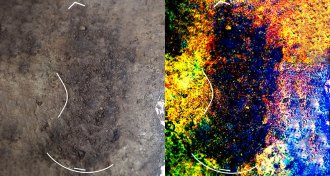 Archaeology
ArchaeologyFootprints put people on Canada’s west coast 13,000 years ago
Island tracks indicate early New World settlers traveled down the North American Pacific coast about 13,000 years ago.
By Bruce Bower -
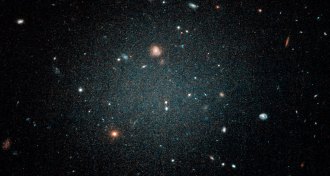 Astronomy
AstronomyDark matter is MIA in this strange galaxy
A galaxy without dark matter bolsters the case that the invisible substance really exists.
-
 Health & Medicine
Health & MedicineKid-friendly e-cigarette ads appear to work
Teens who hadn’t used tobacco products but were receptive to e-cigarettes ads were more likely to try vaping or smoking.
-
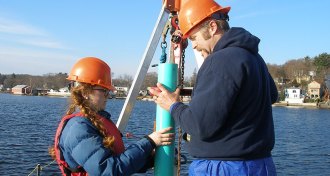 Earth
EarthPowerful New England quake recorded in pond mud
The newfound sediment signature of the 1755 Cape Ann earthquake could be used to trace other prehistoric temblors.
-
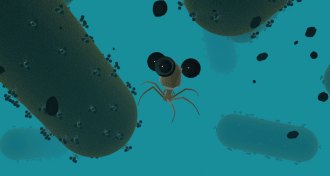 Life
Life‘Nanobot’ viruses tag and round up bacteria in food and water
Viruses called phages evolved to hunt bacteria. With magnetic nanoparticles and genetic engineering, they become nanobots that work for us.
-
 Planetary Science
Planetary ScienceWater may have killed Mars’ magnetic field
Extra hydrogen near the Red Planet’s iron core could have shut down convection.
-
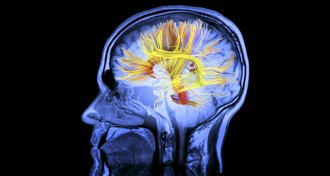 Neuroscience
NeuroscienceWhen tickling the brain to stimulate memory, location matters
Conflicting results regarding the benefits of brain stimulation may be explained by the precise location of electrodes.
-
 Anthropology
AnthropologyModern chimp brains share similarities with ancient hominids
MRIs suggest certain brain folding patterns don’t mark ancient humanlike neural advances after all, raising questions about hominid brain evolution.
By Bruce Bower -
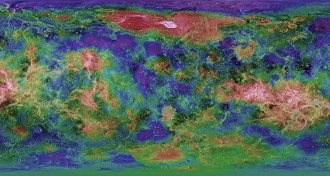 Planetary Science
Planetary ScienceVenus may be home to a new kind of tectonics
Venus’ surface seems to be divided into jostling blocks of crust, defying conventional wisdom about how the surfaces of rocky planets work.
-
 Science & Society
Science & SocietyWhy science still can’t pinpoint a mass shooter in the making
Arguments flare over mass public shootings that remain scientifically mysterious.
By Bruce Bower